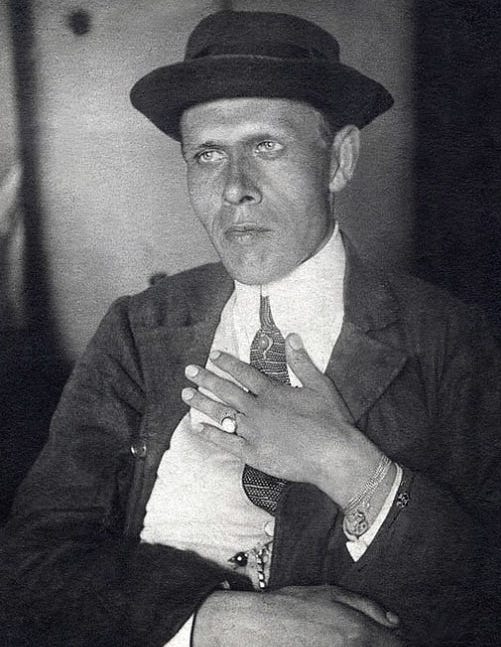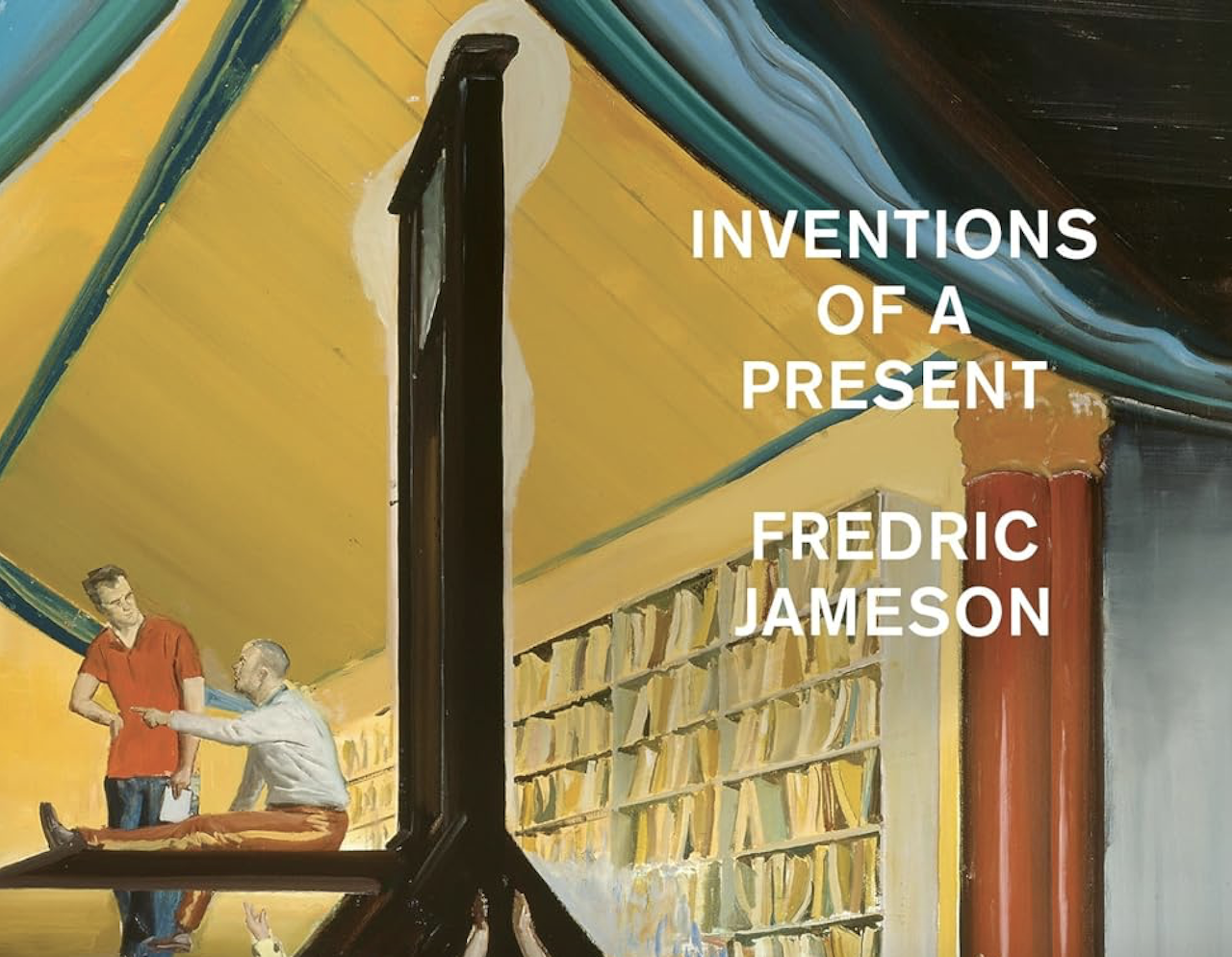
Han Kang. Photographer: Anthony Devlin, PA Images / Alamy Stock Photo.
When news broke that Korean author Han Kang had won the Nobel Prize in Literature, it sent ripples through the literary world in Korea and internationally. In her home country, writers and proponents of “national literature” hailed it as a triumph for Korean letters. Bookstores saw Han Kang’s works fly off the shelves while publishers rushed to reprint her books, working around the clock to meet the sudden surge in demand. My inbox overflowed with congratulatory messages about Han Kang’s Nobel Prize in Literature—a curious déjà vu of when Bong Joon-ho’s Parasite swept the Academy Awards. Once again, being Korean seemed to make me a proxy recipient of national glory. Friends celebrated with me as though I had personally crafted the lyrical prose that earned the Nobel committee’s recognition, much like they had when Parasite made Oscar history.
The phenomenon speaks to something more profound than mere confusion: how cultural achievements become shared identity markers, turning individual triumphs into collective celebrations. Yet there is a gentle irony in being congratulated for masterworks I had no hand in creating, save for sharing a nationality with their creators. This momentous occasion celebrated Han Kang’s achievement and ignited discussions about the role of prestigious awards in the literary world. What struck me about this recognition was literature’s persistent exploration of the boundaries between nation-states. I realized literature cannot exist in a vacuum, divorced from its politico-economic foundation in modernity. Readers instinctively regard literary works as territorial to nation-states, associating them with their countries of origin. This territorial aspect profoundly shapes both the creation and reception of literature.
Even as authors reach for universal themes, their works remain inextricably woven into the tapestry of their cultural, historical, and linguistic origins. These national and ethnic nuances are not merely decorative elements but fundamental threads in the fabric of literary creation, influencing how works are received, interpreted, and positioned within the global literary landscape. The seemingly contradictory pull between local specificity and universal resonance creates a productive tension that often enhances, rather than diminishes, a work’s artistic power. This interplay between the particular and the universal reveals a paradox within literary culture: the persistent tension between nationalism and cosmopolitanism, a dichotomy whose roots trace back to the European Enlightenment.
Jean-Paul Sartre’s famous rejection of the Nobel Prize in Literature in 1964 brought these tensions into sharp relief. His refusal was not merely a personal gesture but a profound statement about the relationship between artistic creation and institutional recognition. His stance raises enduring questions about how global recognition affects the reception and interpretation of literature, potentially institutionalizing works in ways that might constrain their radical potential. The contemporary global literary marketplace further complicates these dynamics. Translation, international publishing, and prestigious awards create new opportunities for cross-cultural exchange while simultaneously running the risk of flattening cultural specificity into easily digestible “world literature.” This commodification of cultural differences challenges authors and readers as they navigate between authentic expression and market demands.
In his Nobel rejection letter, Sartre gave two reasons for his decision. First, he said that a writer should only be called by their name—that being called “a Nobel Prize winner” was nothing more than a ruse by the institution to benefit from the writer’s status. He emphasized that “it is not the same thing if I sign Jean-Paul Sartre or if I sign Jean-Paul Sartre, Nobel Prize winner,” adding that a writer must resist institutionalization, even when it comes in the guise of prestigious recognition. Sartre believed that maintaining independence was crucial for preserving artistic integrity and authentic creative expression. The second reason Sartre gave for rejecting the Nobel was that receiving one of the West’s most prestigious literary prizes could lead to “misinterpretations” by those who took issue with his political views. He maintained that “my sympathies for the Venezuelan revolutionists commit only myself, while if Jean-Paul Sartre, Nobel laureate, champions the Venezuelan resistance, he also commits the entire Nobel Prize as an institution.”1
In a 1976 interview, Sartre offered a sharper critique of the Nobel Prize’s political implications. “Because I was politically involved,” Sartre said, “the bourgeois establishment wanted to cover up my ‘past errors.’ Now there’s an admission! And so they gave me the Nobel Prize. They ‘pardoned’ me and said I deserved it. It was monstrous!”2
This statement reveals a different dimension to his rejection than is often portrayed. Rather than simply refusing the prize because the Swedish Academy was a “bourgeois institution,” Sartre saw the award as an attempt to neutralize his political activism by granting him establishment approval—a form of institutional co-optation he found particularly objectionable. Sartre’s statement shows that his rejection of the Nobel Prize operated on multiple levels. The prize was not merely an honor to be accepted or declined, but a powerful mechanism for recontextualizing his entire body of work and political identity. His fierce reaction—“It was monstrous!”—indicates his recognition that accepting the prize would create a new interpretive framework for understanding his writing and activism. The prize would create what Sartre saw as a false narrative of reconciliation between himself and the bourgeois institutions he critiqued. This manufactured reconciliation would not only undermine his ongoing political commitments but would also retroactively reframe his past actions as mere stepping stones toward eventual establishment acceptance. The decisive reason for Sartre’s rejection was, paradoxically, the “globalization” of the Nobel Prize in Literature. At a time when the struggle for national liberation in the Third World was still raging, it was regarded as politically correct and effective for Sartre, a Marxist, to refuse the prize rather than accept a controversial award.
In an incisive 2013 blog post, Ursula Le Guin revisited Sartre’s historic Nobel Prize rejection through a contemporary lens, introducing the idea of the “Sartre Prize for Prize Refusal.” Le Guin created a satirical framework that honored principled rejection and critiqued the commercialization of literary achievement.3 Le Guin recounted a lineage of principled prize rejection, connecting Sartre’s foundational act to contemporary examples. Her discussion of Lawrence Ferlinghetti’s refusal of the Hungarian PEN award demonstrated how prize rejection continues to serve as a form of political protest. Ferlinghetti’s suggestion that the prize money be redirected to support Hungarian writers advocating for free speech exemplified how rejection can be not merely negative but constructively political.
Le Guin’s account of her own experience refusing the Nebula Award provides an example of how prize rejection operates in practice. Her protest against the Science Fiction Writers of America’s exclusion of Stanisław Lem revealed the intricate relationship between literary recognition and Cold War politics. This personal narrative illuminates how individual acts of refusal can challenge institutional prejudices and political orthodoxies. The ironic twist in Le Guin’s case—that her rejected award went to Isaac Asimov, “the old chieftain of the Cold Warriors” in her terms—serves as a perfect metaphor for the complexities of literary politics. This outcome demonstrates that even principled stances can have unintended consequences, yet this does not diminish the importance of taking such stands.
Le Guin’s critique of literary prizes as marketing tools is particularly penetrating. She identifies how prizes transform writers into branded commodities and shows how labels like “Nobel Prize Winner” can overshadow the actual work. However, Le Guin also acknowledges that prizes are not inherently corrupting. Her discussion of José Saramago—whom she describes as “a much tougher Marxist nut than Sartre”—demonstrates how some writers can accept prestigious awards while maintaining their integrity and political commitments. This acknowledgment suggests that the relationship between recognition and compromise is not predetermined but depends on the individual writer’s stance and character.
Le Guin’s conclusion encapsulates the paradoxes of literary recognition:
It isn’t what the people who established the awards want them to do or to mean, but it’s how they’re used. As a way to honor a writer, an award has genuine value, but the use of prizes as a marketing ploy by corporate capitalism, and sometimes as a political gimmick by the awarders, has compromised their value. And the more prestigious and valued the prize, the more compromised it is.
This paradox highlights the peculiar value of rejection in literary culture; suggests that the ability to refuse recognition might itself be a form of privilege; points to the continuing relevance of Sartre’s original gesture; and uses humor to underscore serious questions about institutional power in literary culture. Le Guin’s analysis ultimately suggests that the value of literary prizes lies not in their marketing power or institutional prestige but in their association with writers of integrity—whether those writers accept or reject them. The enduring relevance of Le Guin’s commentary lies in its recognition that these tensions cannot be resolved simply by accepting or rejecting prizes but must be continually negotiated by each writer in their specific historical and political context.
The Nobel Prize in Literature embodies a fundamental paradox: it is an institution born of Western European ideals that simultaneously aspires to recognize and celebrate global literary achievement. This tension mirrors the broader complexities of world literature. Unlike regional awards such as the Booker Prize or the Prix Goncourt, which operate within specific linguistic or cultural spheres, the Nobel Prize positions itself as an arbiter of global literary merit. This positioning creates an interesting dynamic: the prize does not simply recognize works that have achieved widespread translation and international acclaim. Instead, it often serves as a spotlight, illuminating works that exist outside the established channels of global literary circulation. This role as a literary prospector rather than a mere consecrator distinguishes the Nobel Prize from other literary institutions. The committee’s selections frequently challenge the existing parameters of world literature, introducing voices that have remained peripheral to dominant literary markets despite their artistic significance. A work’s extensive translation history, therefore, becomes neither a prerequisite nor a guarantee for recognition.
In the case of Han Kang, her work does not fit within the existing Korean “national literature.” Her writings had been marginalized before she was discovered by the “global literary market.” Her literary production has not conformed to conventional expectations of what constitutes “national literature” in terms of style, theme, or approach. This marginalization within her national context points to the limitations of traditional literary categories—even within national boundaries—in the globalized literary market. It illustrates how the Nobel has come to recognize the literature of a particular people as world literature.
South Korea’s passion for the Nobel Prize in Literature represents a unique cultural phenomenon that extends far beyond the realm of literary achievement. Unlike writers like Sartre, who viewed it as an institutional constraint on writers, or Le Guin, who maintained a critical stance toward such accolades, South Korea has transformed the Nobel Prize into a national mission that embodies the country’s aspirations for global cultural recognition. This transformation reflects a deeper cultural desire to establish Korean literature on the world stage and gain international validation for its artistic achievements. The establishment of the Literature Translation Institute of Korea (LTI Korea) exemplifies the nation’s systematic approach to pursuing the Nobel Prize. This government-backed institution serves as the cornerstone of South Korea’s literary ambitions, funding translations of Korean literature into major European languages, promoting Korean authors internationally, and creating networks with foreign publishers and literary institutions.
In this way, South Korea’s traditional vision of a potential Nobel laureate has been firmly rooted in a specific cultural and historical framework. The literary establishment has long focused on male writers who chronicle the nation’s turbulent past and capture the collective struggles of the Korean people. With their grand narratives of shared trauma and national resilience, these authors are viewed as natural contenders for the prize. This expectation runs so deep that Nobel Prize announcements are massive media events, with news teams traditionally camping outside the homes of these established writers, broadcasting live in anticipation of a win that would validate Korean literature on the world stage.
The striking absence of media attention at Han Kang’s residence before this year’s Nobel announcement reveals a disconnect. Her position within Korea’s national literary landscape has remained peripheral despite her international acclaim. This stems mainly from her literary focus; she writes about individual experiences and intimate personal narratives rather than sweeping national themes. The contrast between the establishment’s previous neglect of her work and her Nobel win challenges the conventional understanding of what constitutes “Korean literature” worthy of global recognition. It highlights a growing gap between institutional approaches to promoting Korean literature and the actual achievements of contemporary Korean writers. However, Korean literary stakeholders continue to emphasize the vital role of national support in achieving international recognition, and they make a valid point.
Of course, Deborah Smith’s translation of The Vegetarian and Human Acts might never have reached a global audience without the financial and institutional backing of LTI Korea. However, this stance reveals a paradox that the literary establishment in South Korea seems reluctant to confront in its eagerness to claim Han Kang’s success as a triumph of national literary infrastructure—an eagerness that risks reducing her artistic achievement to merely a successful outcome of state cultural policy. This tendency to substitute national literary success for personal artistic accomplishment fetishizes literature as a tool for national prestige rather than appreciating it as an art form. This problematic approach has not gone unnoticed within the country itself, with several critical voices in the Korean media beginning to question this nationalist framing of literary achievement.
The crucial point here is one of individual choice versus institutional preference. Despite having access to the full spectrum of Korean literature through the translation funding program, Smith specifically chose Han Kang’s work to translate. This choice is significant because it bypassed more traditionally celebrated authors—those male writers who had long been considered the standard-bearers of Korean national literature. Instead of selecting works that deal with grand national themes and realistic aesthetics, Smith opted for a writer whose intimate, personal narratives offer a different vision of Korean literature. This decision highlights how individual artistic merit and translator interest can operate independently of—and sometimes counter to—official institutional preferences for what has traditionally been considered “representative” Korean literature. In this sense, Han’s Nobel Prize win exemplifies the very paradox of the Nobel Prize, which is both nationalistic and international, both an institution and a situation.








